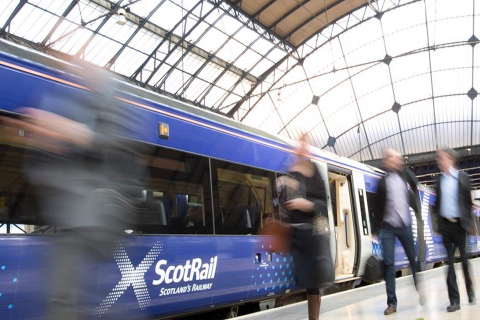UK train drivers reignite industrial dispute

Sceptical rail travellers in the UK suspected their path was not clear. Only days after the principal union, the RMT, put its strike action on hold, the next biggest union in the rail industry, the drivers’ union has entered back into the fray. ASLEF, which represents almost 25,000 railway professionals in the driving cab, has announced a staggered series of strikes and an overtime ban for the first weeks of December. The news has been met with dismay, particularly from the hospitality and retail sectors, who say it will target the run-up to Christmas. The action will disrupt passenger services in many areas.
Want to read more?
You have read all of your free premium articles for this month. Please become a subscriber to keep reading.
Subscribe now!
Take advantage of our exclusive offer to get full access to all premium content.




